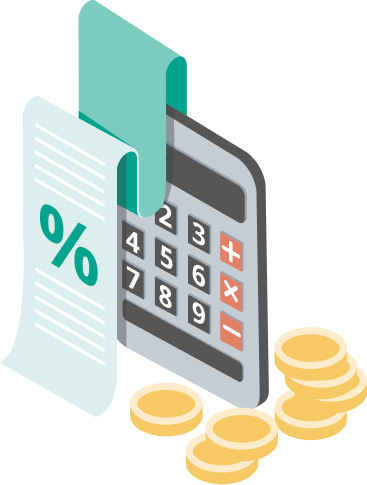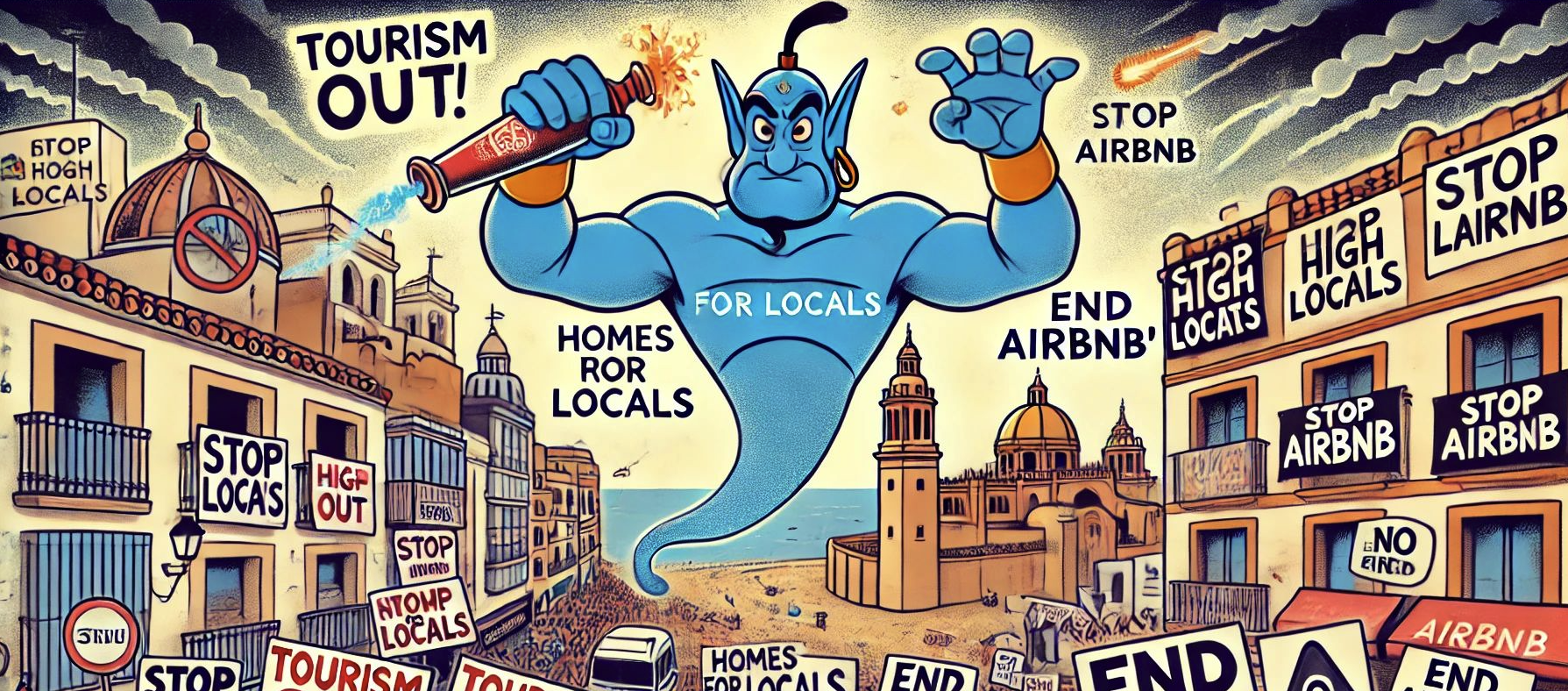
Euro 2024: 6 million Euros missed in Munich?
Big sporting events, such as the current European Championships Football in Germany and the upcoming Olympics in Paris, are viewed as excellent means to boost tourism to the destination. So announced Airbnb last week that bookings for the Olympics time window are up 400% (!!) compared to last year.
From a policy perspective the development of tourism is typically measured on metrics as the increase in spending on hotels, restaurants, shopping, and day trips. Development of tourism is largely a long-term goal, with a steady increase in numbers being one of the objectives. But what if we look at the immediate monetary effects, such as collected tourist tax?
Current tourist tax income in Munich
Looking at Munich during Euro 2024, these results are easily calculated: €0.00
Munich, unlike other prominent German cities such as Hamburg and Berlin, does not levy a tourist tax. By not doing so, there is a lot of missed potential income, that could have been invested in for instance the city’s infrastructure, which benefits everyone.
Potential tourist tax income in Munich
What amount could have been collected? Let’s look at the numbers. If we follow the same structure as Berlin, the total collected tax is determined by three factors: the number of overnight stays, the price per night, and the tax rate.
- 𝗡𝘂𝗺𝗯𝗲𝗿 𝗼𝗳 𝗼𝘃𝗲𝗿𝗻𝗶𝗴𝗵𝘁 𝗵𝗼𝘁𝗲𝗹 𝘀𝘁𝗮𝘆𝘀: During Euro 2024, we assume ~600.000 nights (75% average occupancy on day prior to, match day, day after, 44.000 rooms. 6 match days)
- 𝗣𝗿𝗶𝗰𝗲 𝗽𝗲𝗿 𝗻𝗶𝗴𝗵𝘁: €200 per night
- 𝗧𝗮𝘅 𝗥𝗮𝘁𝗲: 5% (as in Berlin)
- 𝗧𝗼𝘁𝗮𝗹 𝗽𝗼𝘁𝗲𝗻𝘁𝗶𝗮𝗹 𝘁𝗮𝘅 𝗶𝗻𝗰𝗼𝗺𝗲: (600k200)5% = €5,94 million
In this example, we only considered hotel stays. If other types of lodging were uses, such as citizens renting out their homes on Airbnb, the number would be even higher.
With the Olympics coming up, next month we will have a look how Paris handles this (totally different).




